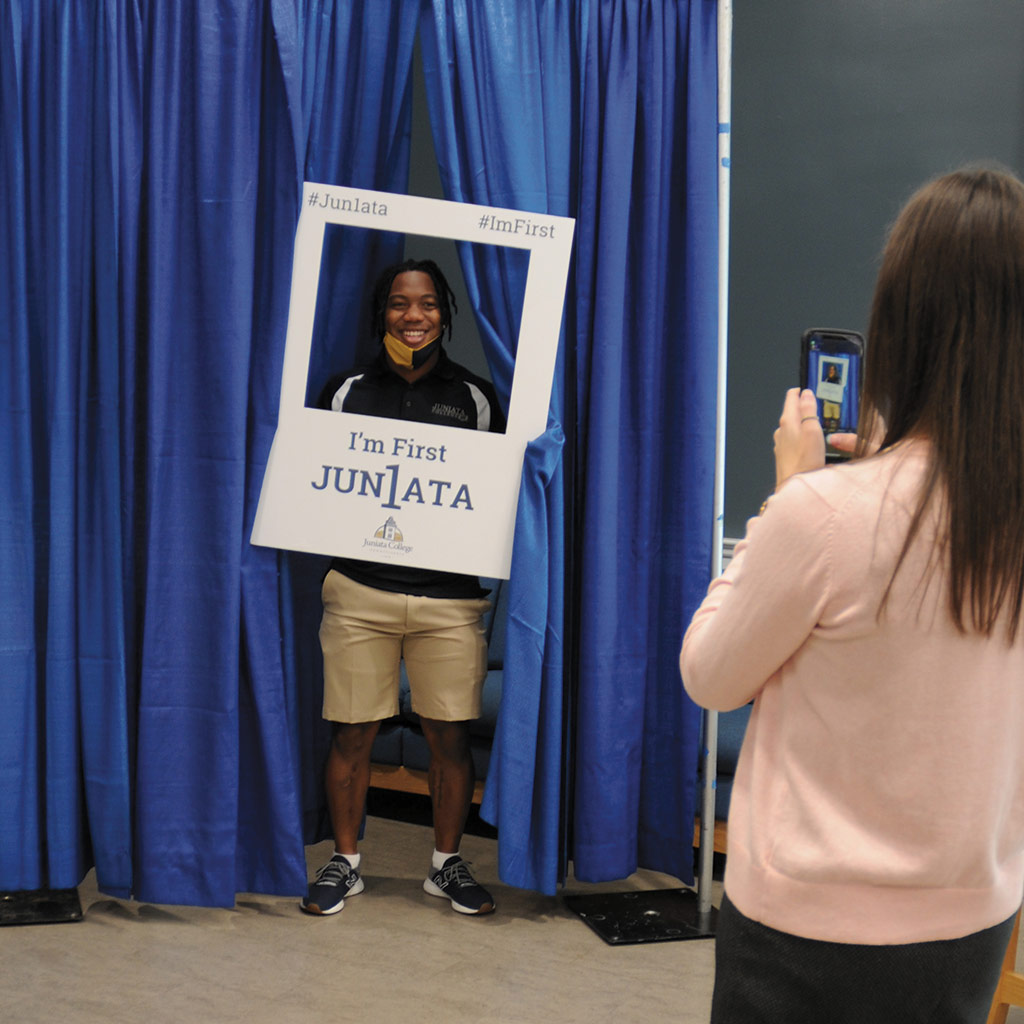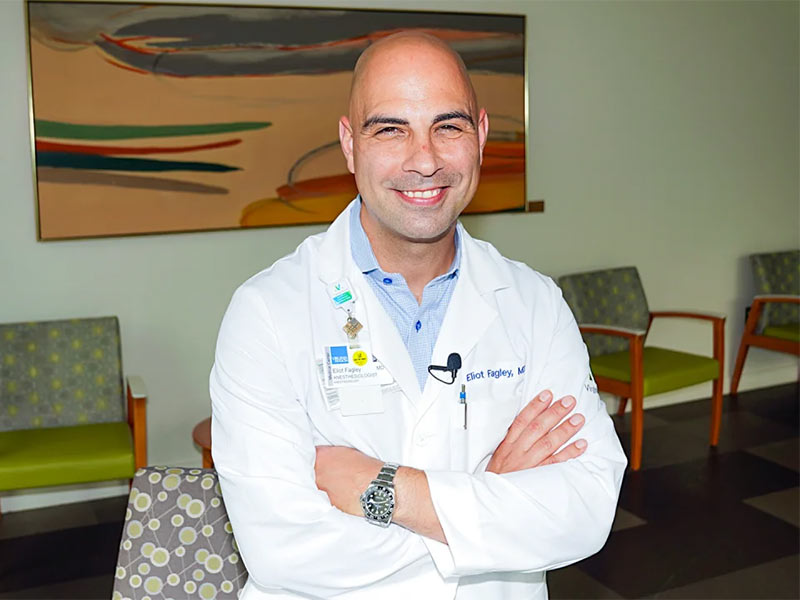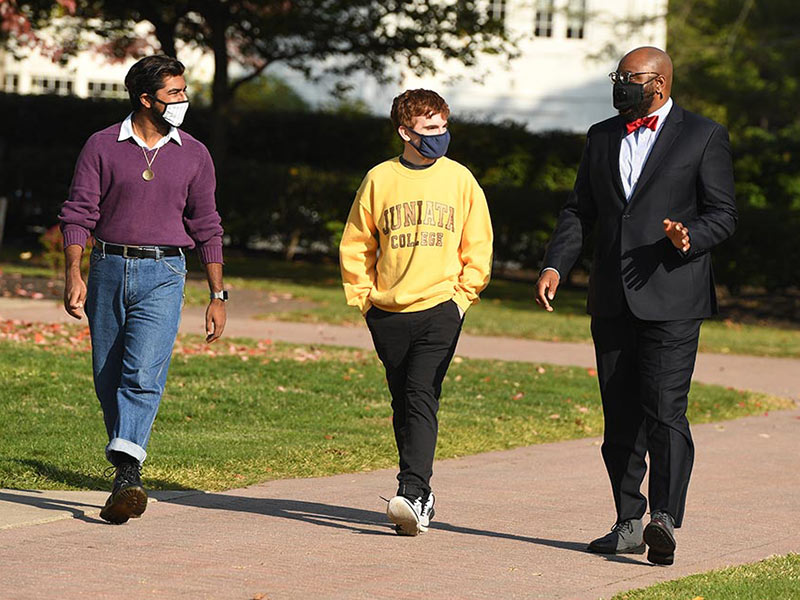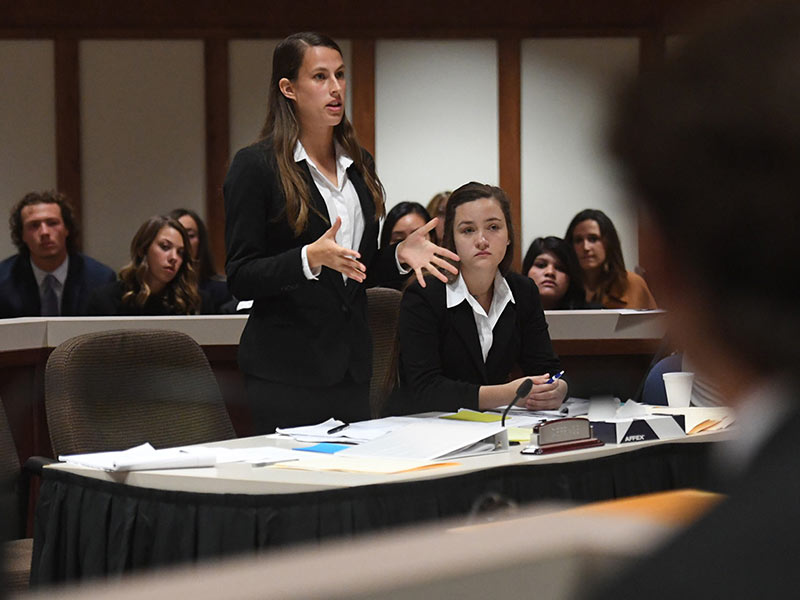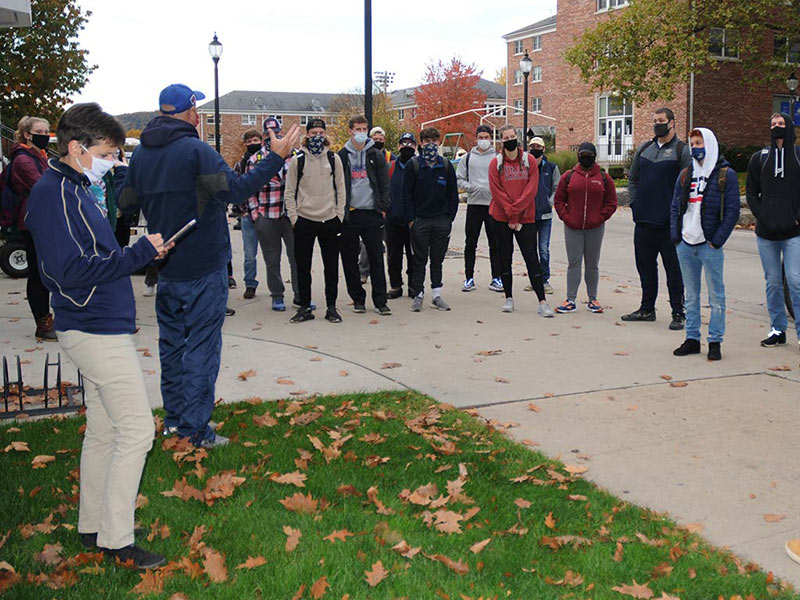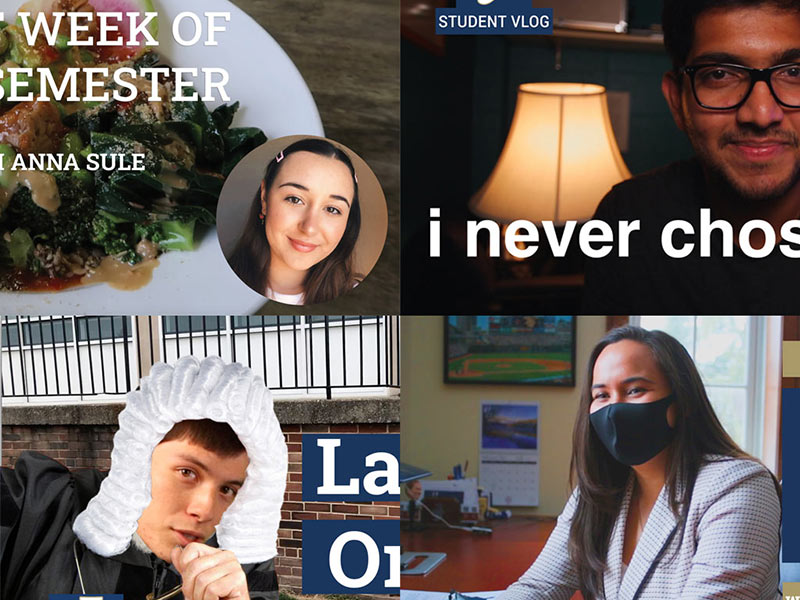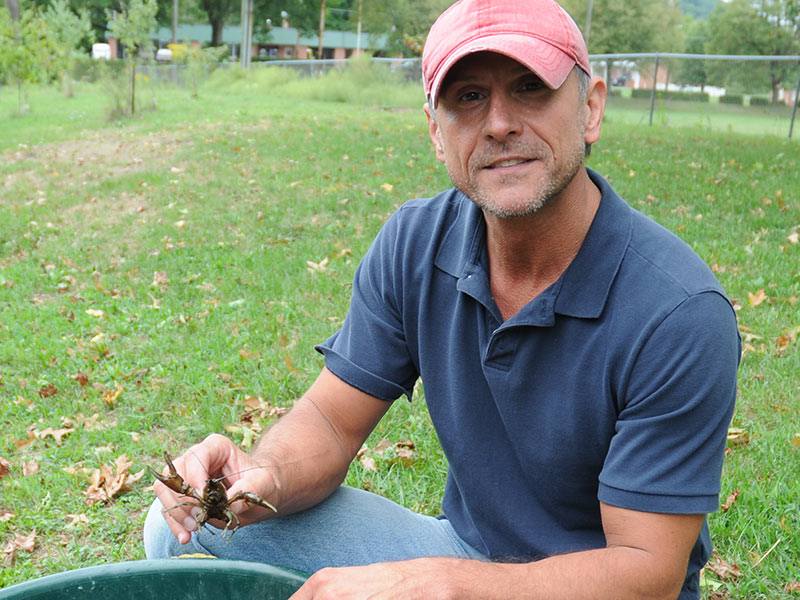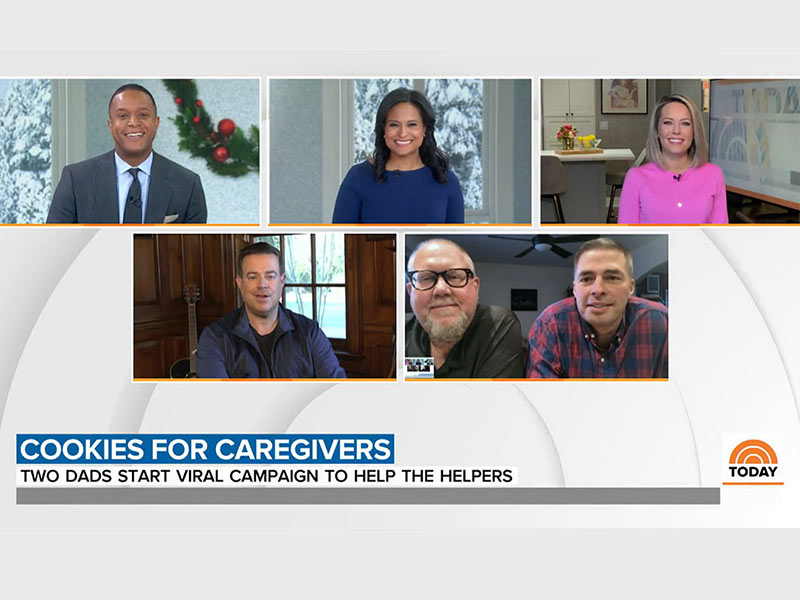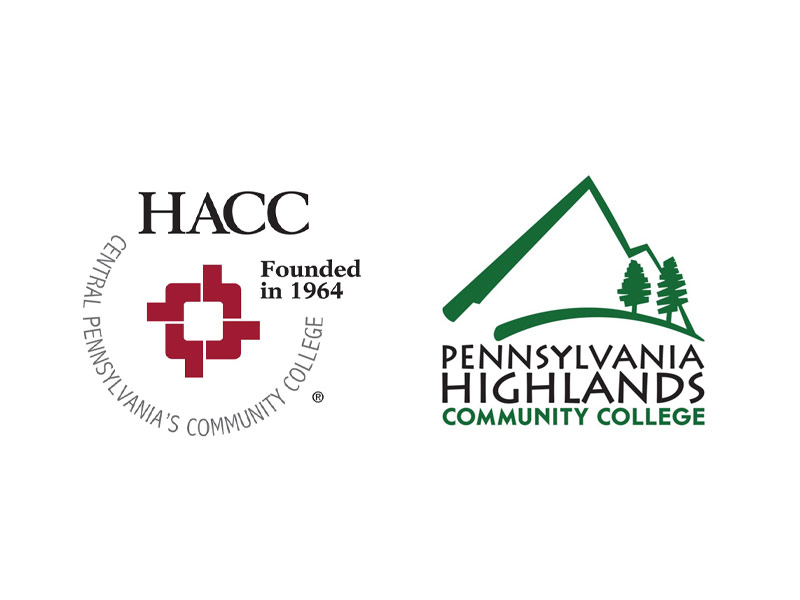Those who choose to attend these beacons of knowledge are expected to immediately understand the various facets of the college educational model. But, for many first-generation students, the processes and even the language can be confusing. Finding common ground with other students and faculty who are or were once novices in the higher educational structure can have a profound effect on this educational expedition.
Uncharted Waters
Deciding to attend college is accompanied by visits, forms, and paperwork. Stepping foot on a college campus to begin the first semester, it may seem like the difficult decisions and confusing lingo are in the past. But, for some first-generation students it is just the beginning piece in trying to navigate this new venture.
Kathleen M. Collins ’92, vice president for student affairs at the University of Rhode Island, encourages students to dive into the campus and take it seriously starting at orientation. “It is critically important. Orientation is much more than signing up for classes; it is the path into the institution.”
“It is important to humanize the first-generation experience for students, to give them someone to talk to. So many times, they have no idea of what a syllabus is, of what office hours are.” Kathleen M. Collins ’92, vice president for student affairs at the University of Rhode Island
Collins, who was a first-generation student at Juniata, is acutely aware of traversing the subtleties of higher education and draws on those experiences in her own work with college students. “It is important to humanize the first-generation experience for students, to give them someone to talk to. So many times, they have no idea of what a syllabus is, or of what office hours are,” she said.
Collins found her way at Juniata and with the gift of mentors established her calling in higher education. “I still remember Dawn Scialabba, who hired me as a resident assistant, saying, ‘Kathy, you can do this for a living.’” When Sciallabba told Collins that she also was the first in her family to go to college and to see the difference she was making in students' lives, it encouraged Collins to mentor students as well.
Collins’ mentor, Dawn Scialabba, Registrar, has been employed at Juniata in various roles since 1988. Even with varied work she remains committed to first-generation students and helping them move along on their college paths.
She said, “There is inside lingo, terms, and practices in higher education. Not everyone instinctively knows what all of it means or how it works. Our own first-generation experiences subliminally make us sensitive to this fact and we want to make sure we make college understandable and help students navigate college successfully.”
First-Generation Day
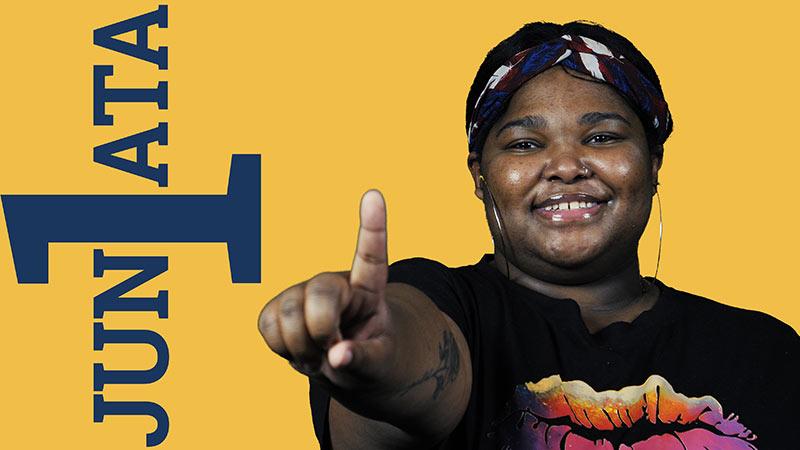
Besides advising students and providing them encouragement throughout the Juniata experience, Scialabba participates in the annual First-Generation Day on campus. Though the activities may vary from year to year, it is a time to gather first-generation students together to talk about experiences and to embrace their commonality. It is likewise a time of inspiration, hearing from faculty, staff, and upperclassmen about the possibilities afforded through the virtue of higher education.
For Mayra Duarte Da Veiga, a sophomore studying psychology, the First-Generation Day reception during her first year opened up her eyes to how many students around her fell into that special category.
“You felt acknowledged that you are trying extremely hard and you got the feeling that other people are the same as you. We heard the seniors’ stories and how they did it. There were similar stories and the feeling that we see the hard work you do, and we recognize that. We were grouped together to support each other, and I even keep in contact with my mentor from last year. It is a nice day of appreciation,” she said.
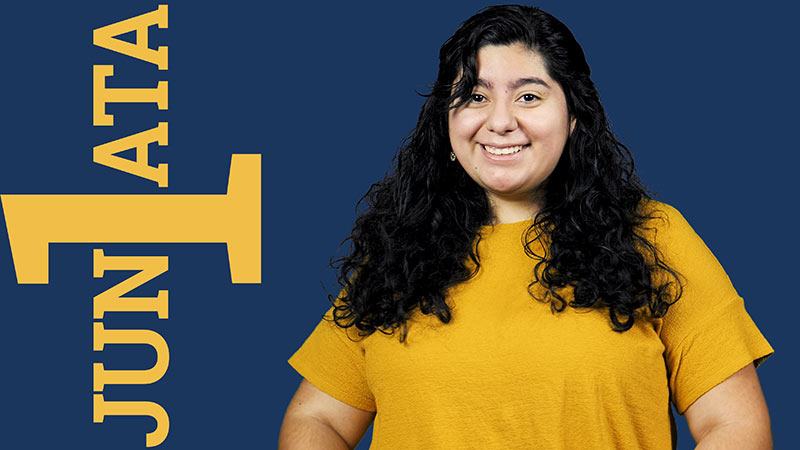
For Kassandra Ayllon, a second-year student studying environmental studies, the day was relaxed and involved pins, cupcakes, shirts, and videos. More than that, though, it was the understanding that she was not treading the waters of higher education alone.
“It was exciting realizing wow—you’re also first generation. You have a connection and an unknown understanding, knowing that you’re not out of place,” Ayllon said.
Freshmen bonding together with similar students is only one aspect of the day. The day provides upperclassmen with the chance to share their advice and impart their knowledge on freshmen.
“I’ve been involved for the last few years. I really liked how they recognized first-generation seniors. It is important to be recognized for hard work and for what it has taken to get to the point where they are. We can see that we can be in their shoes in the next couple of years. I look forward to inspiring other students with my hard work,” said Jean Barrera, a pre-physical therapy sophomore.
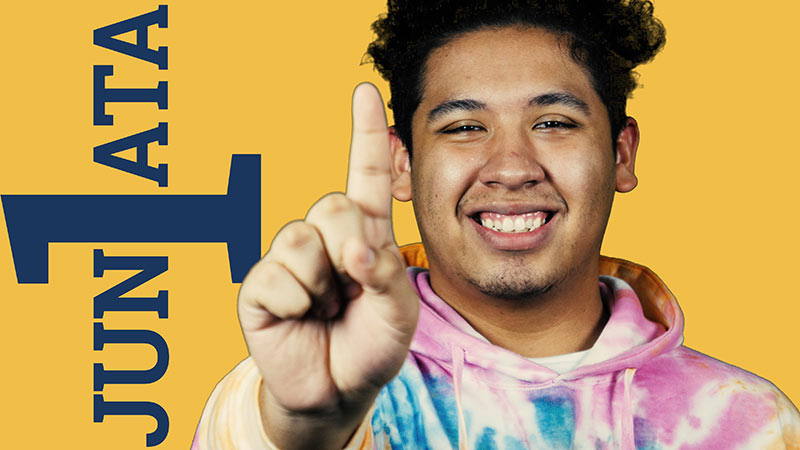
While being the first person in a family to attend college may be exhilarating, it is also intimidating. First-Generation Day tries to counter feelings of inadequacy and instead focus on encouragement and recognition of the dedication and pursuit of academia. Students sharing information and guiding one another through college is a hallmark of the day. The connections serve students year-round and become networks of associates who impart their wisdom.
“One thing I learned is to not be afraid to ask for help. All the teachers around you and counselors at Juniata want to see you succeed. Don’t be afraid to ask for help and to reach out to the people who are around you,” said Barrera.
Tracy Stough Grajewski ’86, executive director/chief human resources officer, led a storied career in banking, pharmaceuticals, and international travel before returning to Juniata. While not feeling uniquely first-generation while she was a student, she appreciated the significance of being the first person in her family to attend college and in participating in First-Generation Day.
“It is unique coming back and seeing first-generation activities and celebrating that. Through the years I never thought about it much but coming back and celebrating that event and the significance of being first-generation is cool and impactful to me,” she said.
Along with her role in human resources, Stough Grajewski teaches courses at Juniata. She imparts her knowledge and insight onto others along with the value of her education—not just the degree, but also from a liberal arts perspective.
“Juniata opened my mind and led me in directions I was not thinking of going. Education forces you to be more of a critical thinker. You are taught to think and to do critical analysis in education. Then you enjoy being informed about all sides of the story for decision input. I almost never think things are done or finalized; the more we learn the more knowledge gets discovered. Knowledge advances are a good thing for humanity,” she said.
Uniqueness of Liberal Arts
“I can see the application of what I do in all areas. It is the desire to learn more. If I just do science, I lose other aspects. Liberal arts stretches me and makes me think as a citizen.” Dan Dries Ph.D., associate professor of chemistry and chair of the chemistry department
For Dan Dries Ph.D., associate professor of chemistry and chair of the chemistry department, the experience of liberal arts is equally important to him. “I can see the application of what I do in all areas. It is the desire to learn more. If I just do science, I lose other aspects. Liberal arts stretches me and makes me think as a citizen,” he said.
Dries was the first in his family to attend college. His interests varied from language to music to science. He understood the reality of being a first-generation student. “I kind of felt it and was self-conscious about what I didn’t know. I remember so clearly the exit consultation with the financial aid officer and my head spinning,” he said.
Amid the confusion he plotted his own trail and is gratified by his decision to pursue higher education and graduate degrees. Dries said, “The value of education and the exposure to other things is invaluable. If you stay in your community, you limit yourself tremendously. You only know what you know.”
Similarly, Anne Wood, assistant vice president and chief information officer, feels empowered by her education, but did not grasp the immensity of its influence until later in life.
“Education helps you build on your experiences, the way you understand others, how you respond in various circumstances, and gives you a path to move forward. As a first-generation college student, I saw it as a pathway to a better future but could not begin to grasp how multifaceted the benefits would be. I think you come to understand and appreciate that later in life when you look back and realize how much of an impact college had on your future,” Wood said.
A liberal arts education expands minds and equips students with lifelong skills. Sierra Waite, a senior studying communication and multimedia arts, attests to that.
“Critical thinking, communication, problem solving, self-expression, and other skills are important for a healthy work-life balance. I learned to be community focused and developed a growth mindset by trying new things,” she said.
Sage Advice to Grow
“I tell the medical students who come through my office to look for the understanding of things. Take your knowledge and apply it.” Dr. Russell Miller ’90, M.D.
Dr. Russell Miller ’90 knew as a young child he wanted to attend college. He was a voracious reader and by his freshman year in high school he was researching colleges. Medicine always interested him, as well as art. He felt at home at Juniata and did not feel the intensity of being first-generation. He was content meshing the subjects he enjoyed.
“I always liked science and knowing how things work and the mysteries of the universe. At Juniata I was taught to think, not just to get the right answer, but how to arrive at it.”
Appreciative of what he learned and how he flourished at Juniata—studying abroad included—he wants other first-generation students to embrace the distinctive presence they have in college.
“Respect where you came from and remember your roots. Getting more education betters yourself and the world around you but does not make you better than anybody. I tell the medical students who come through my office to look for the understanding of things. Take your knowledge and apply it,” said Miller.
Embracing who you are and where you came from is prudent wisdom that will serve well in life and in helping others. Moreover, giving credence to the immense weight that being a trailblazer comes with is also important.
Jennifer Jones ’07, community engagement specialist for Gateway Health, did not know until she finished her education what an accomplishment it was to be the first in her family to attend college and then graduate school.
“I had distant cousins who went; my parents and grandparents did not. At 18, I was not as aware of what it meant. It means more to me now as an adult than it did back then. Now that I know it, I sometimes think ‘Wow I did something great that no one else did’,” she said.
Comprehending and welcoming the intricacies of being first generation is crucial to success. Seek out and accept the support that is around and know that the people who want to help are also cheering for success.
Scialabba has nurtured numerous first-generation students throughout the years and has joyfully watched them flourish. She said, “In a place like Juniata you will connect and be well prepared. You are going to meet people who will help you develop to your full potential. I see that all the time with our students. Some come in and do not realize how amazing they are and then blossom and go off and do incredible things.”
Alumni and staff share a common message: relish in the satisfaction of being a pioneer on the path to a degree and recognize the emotional depth that accompanies it.
Dr. Dries said, “Being a first-generation student can be really intimidating and scary, but I think students would be pleasantly surprised by knowing how many professors and coaches were first-generation students. It is less intimidating if they find someone who they trust. Remember, no question is stupid; many of us have been there. You will be surprised by how much support is out there for students who are new to this whole thing.”

